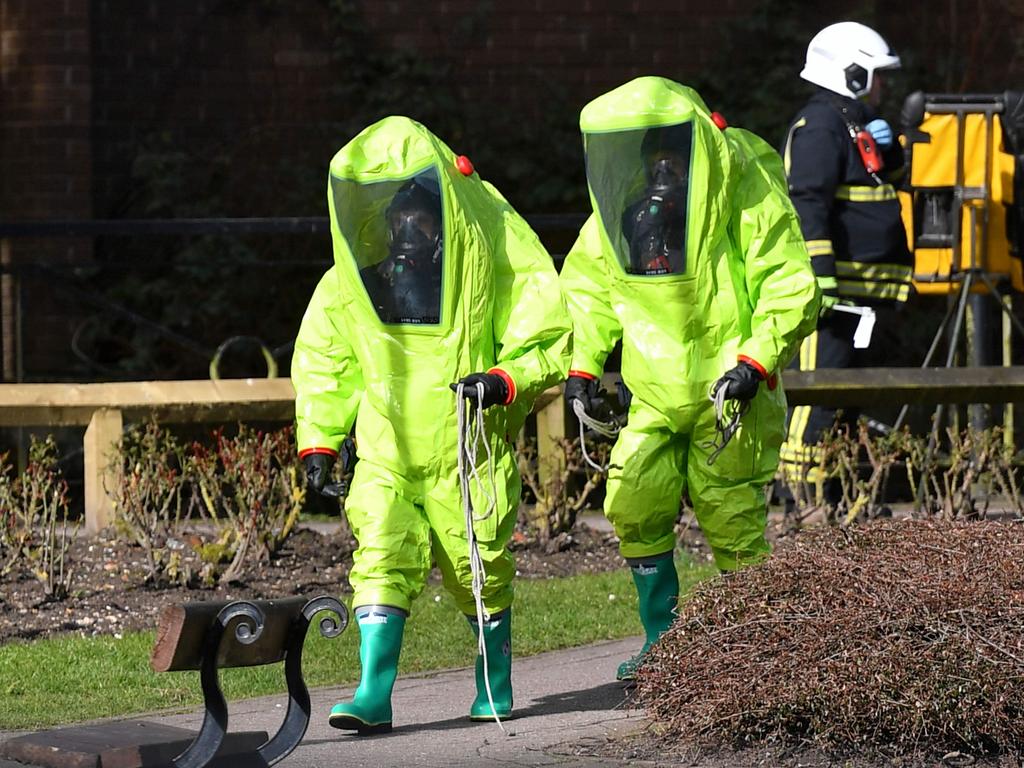Third suspect linked to poisoning of ex Russian spy and daughter carried out other attacks
The third Russian agent implicated in a nerve agent attack in the UK last year has been linked to the poisoning of up to three people in Bulgaria.
Bulgaria will investigate reports of a third suspect in last year’s nerve agent poisoning of a Russian ex-spy in England, an official says.
Tsvetan Tsvetanov of the ruling GERB party has told the bTV channel that Bulgaria’s intelligence services will present evidence on the topic at a hearing on Thursday before the parliamentary committee on homeland security.
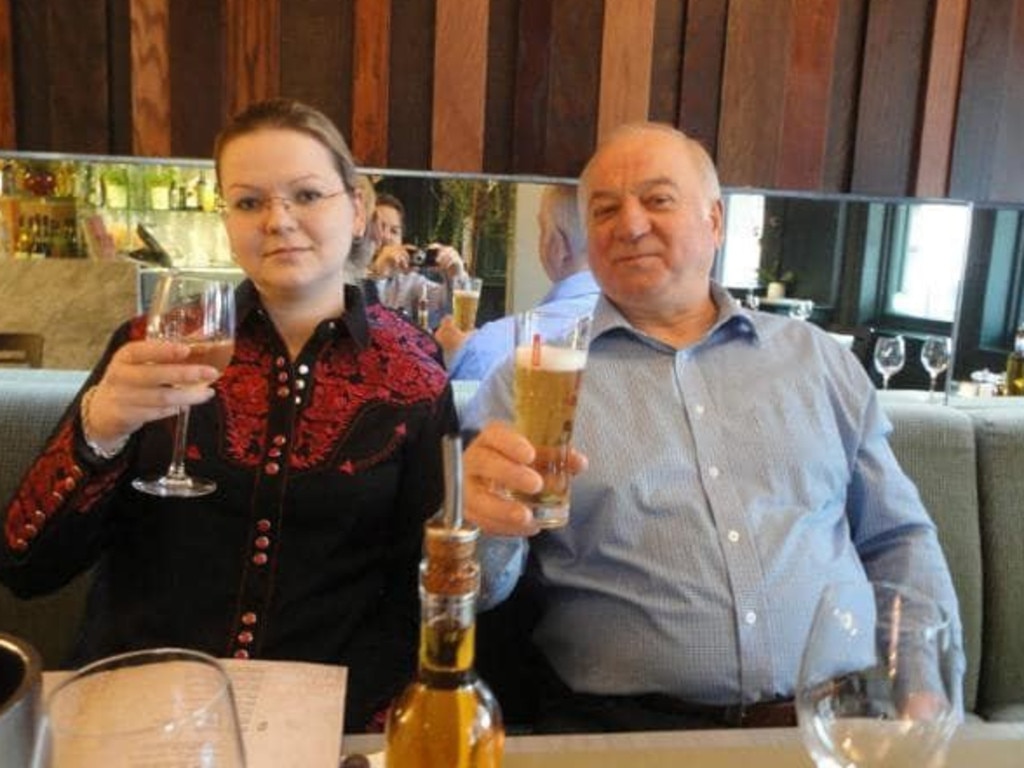
The suspect was also allegedly involved in a 2015 poisoning in Bulgaria. The scheduled hearing follows a report by the investigative group Bellingcat, which says an alleged Russian GRU military intelligence agent arrived in Bulgaria in April 2015, just a few days before Bulgarian businessman Emilian Gebrev was poisoned by an unidentified substance.
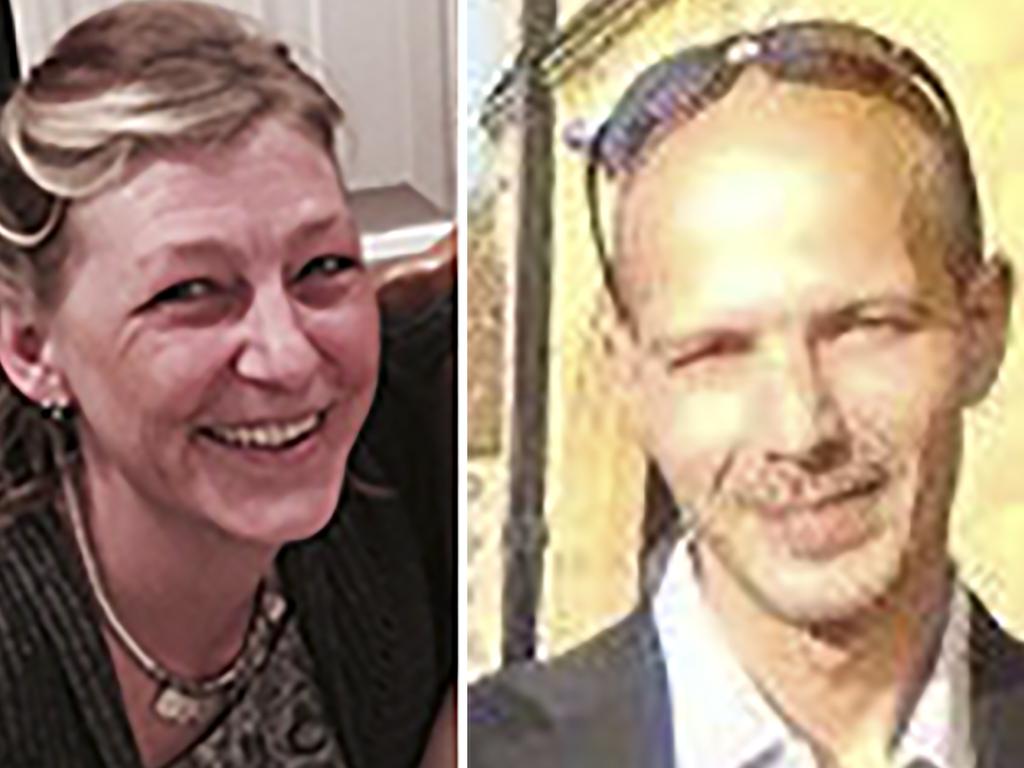
Mr Gebrev, a key executive in the country’s arms industry, survived the attack, but authorities still don’t know who poisoned him.
Bellingcat said on its website that a 45-year-old agent who travelled under the alias Sergei Vyacheslavovich Fedotov had been “conclusively identified as an agent of Russian military intelligence”, or GRU.
RELATED: Novichok suspect identified as highly decorated Russian military colonel
RELATED: Novichok scare for town on the edge
RELATED: Novichok ‘assassins’ lovers on UK holiday, not spies
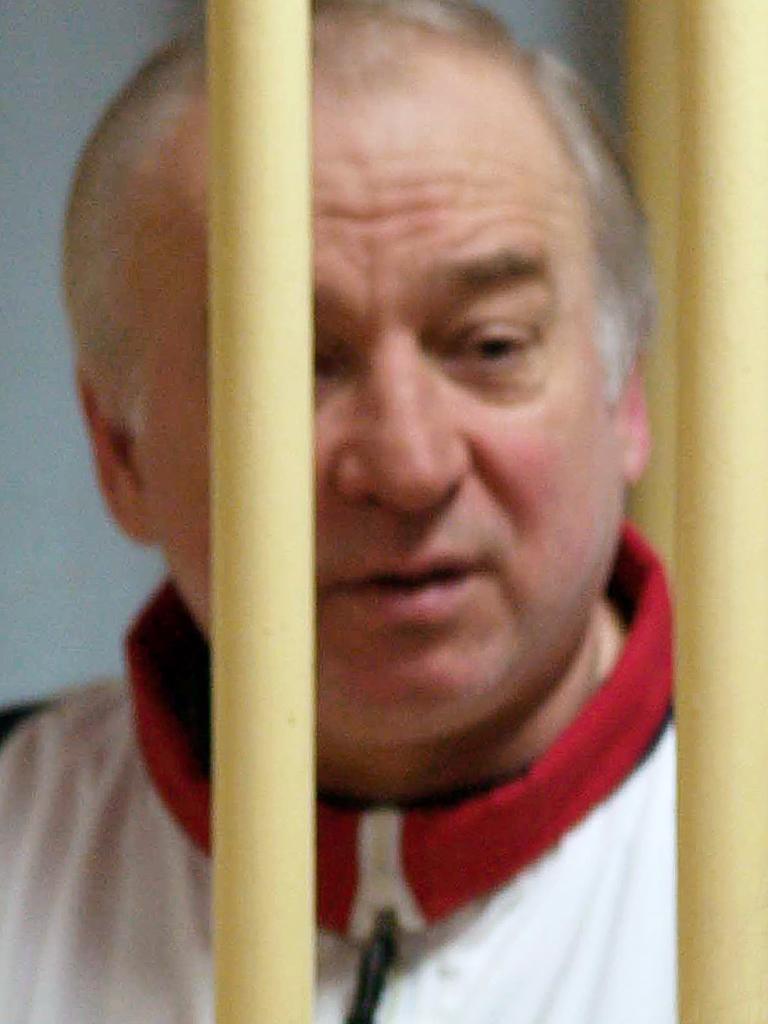
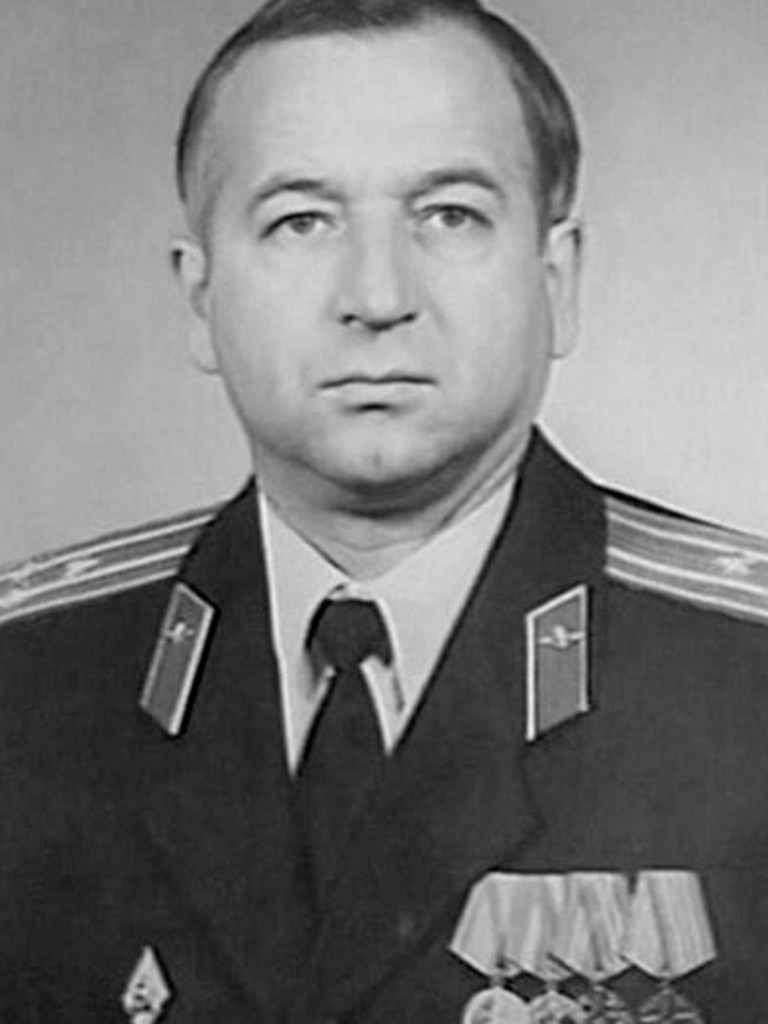
Bellingcat said Mr Fedotov is also suspected of being involved in the Novichok nerve-agent poisoning of Russian ex-spy Sergei Skripal and his daughter Yulia in the English city of Salisbury in March 2018, having arrived in Britain two days before the attack.
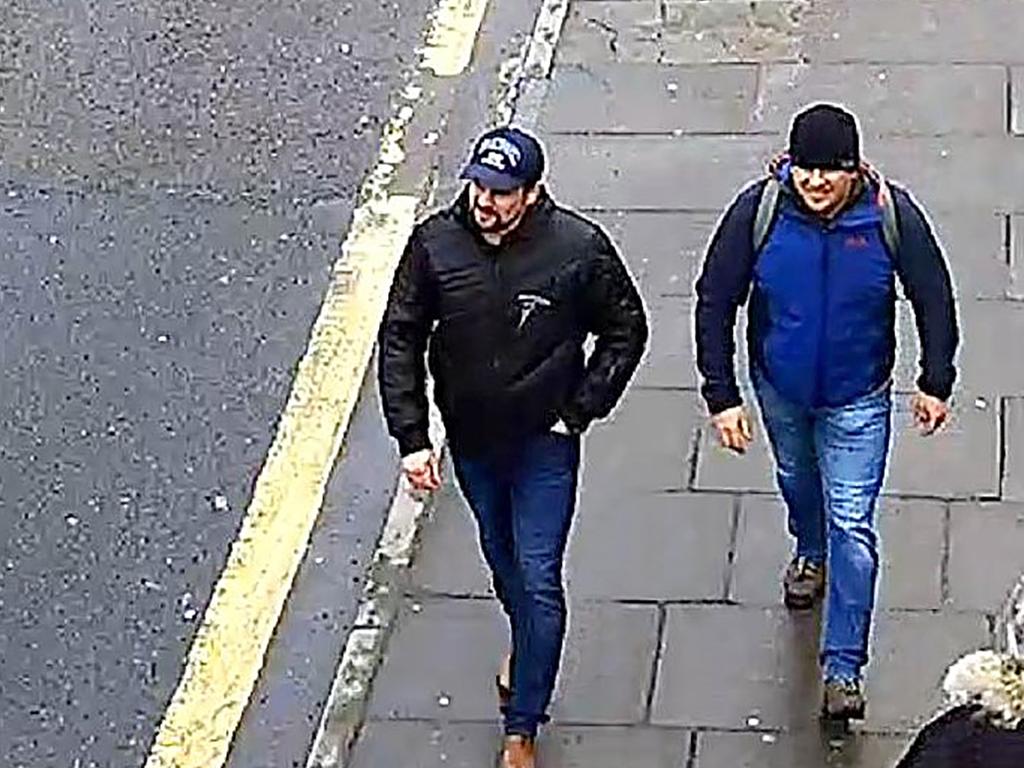
Both Skripals survived but spent weeks in the hospital and are now in hiding. British officials have blamed the attack on the GRU, and charged two Russian suspects, who travelled under the names Alexander Petrov and Ruslan Boshirov. The men, and Russian authorities, deny involvement in the poisoning, and Moscow refuses to extradite them to Britain.
The Skripal poisonings set off a wave of recriminations between Britain and Moscow, prompting dozens of envoys to be expelled.
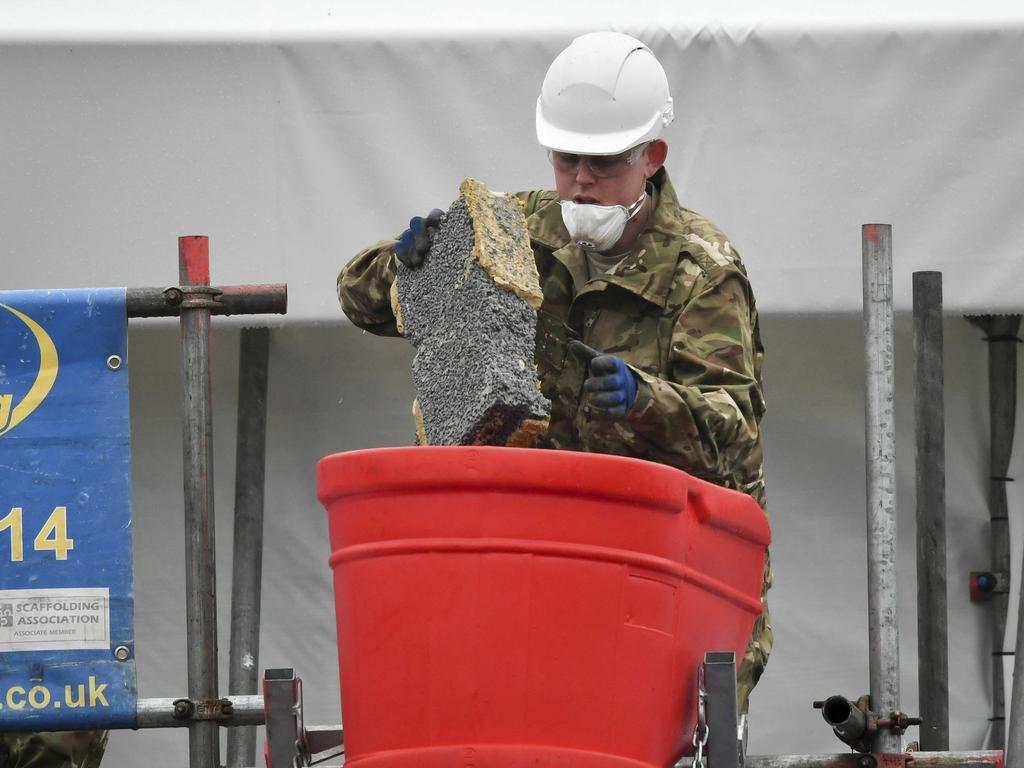
Mr Tsvetanov, a former Bulgarian interior minister, said that the new probe was being co-ordinated with foreign partners.
“I am certain that the necessary co-ordination has already been set up between the Bulgarian, British and European authorities on the case and they are working actively on it,” he told reporters.
Britain’s Foreign Office did not immediately respond to a request for comment.
